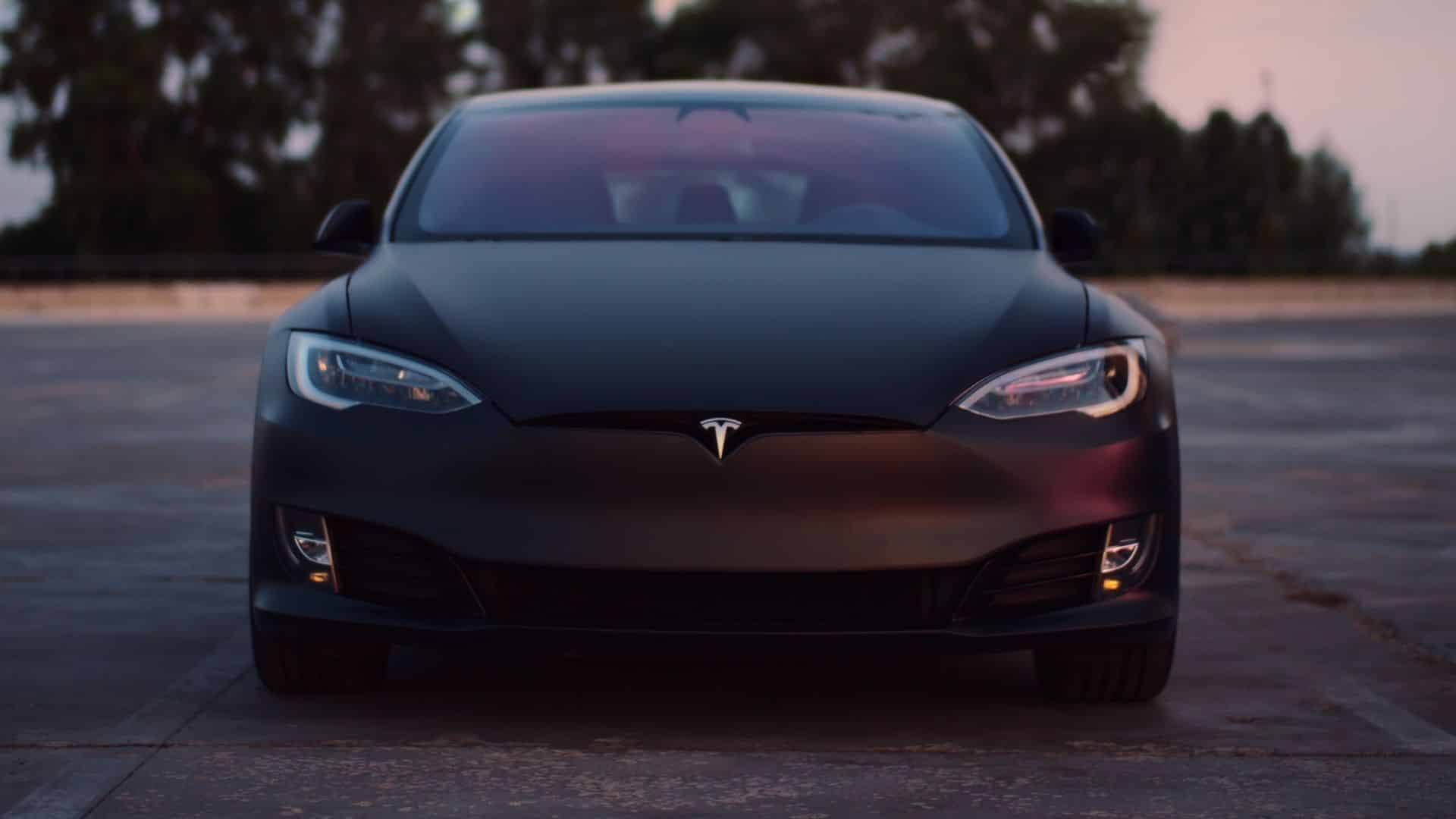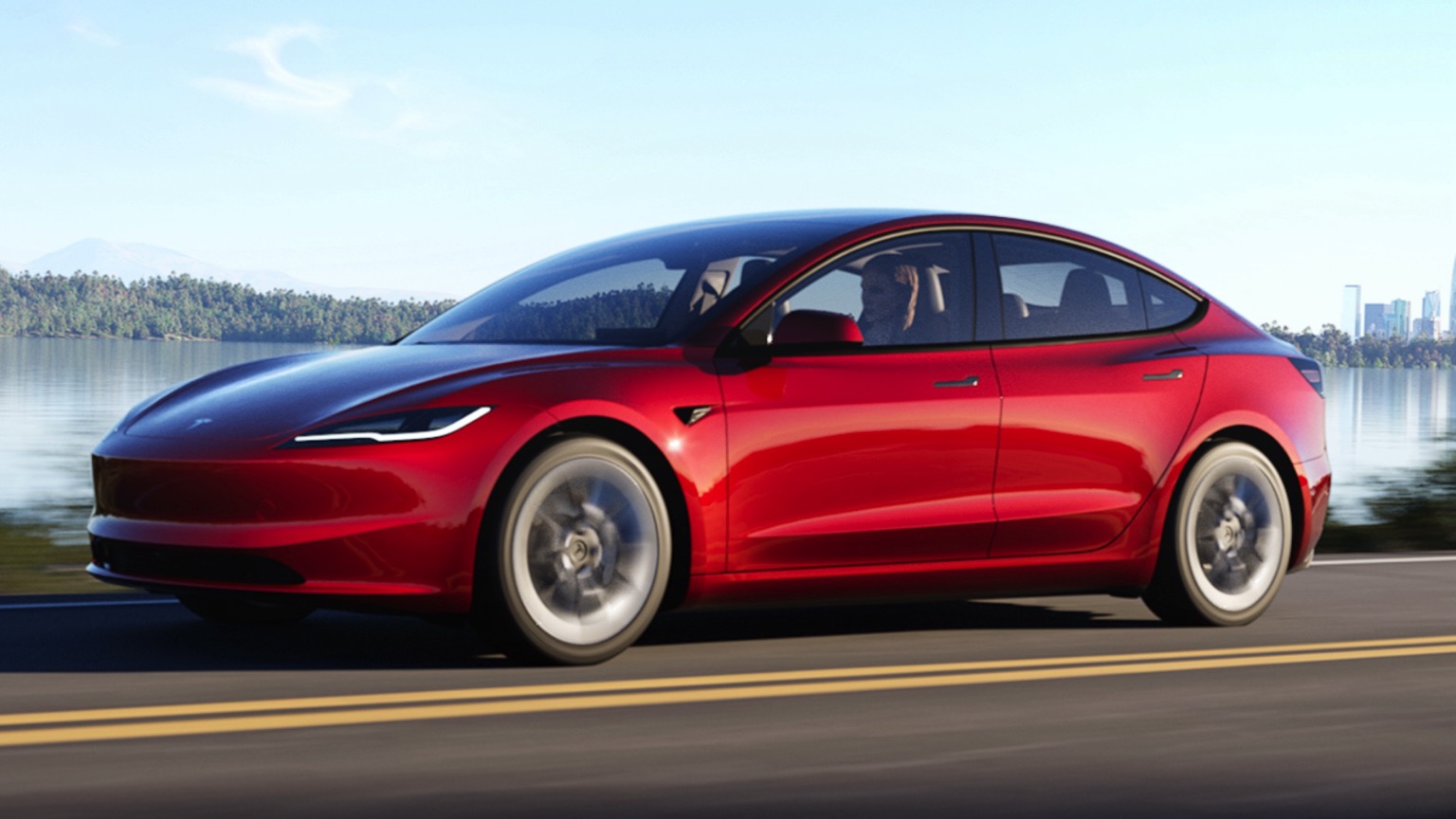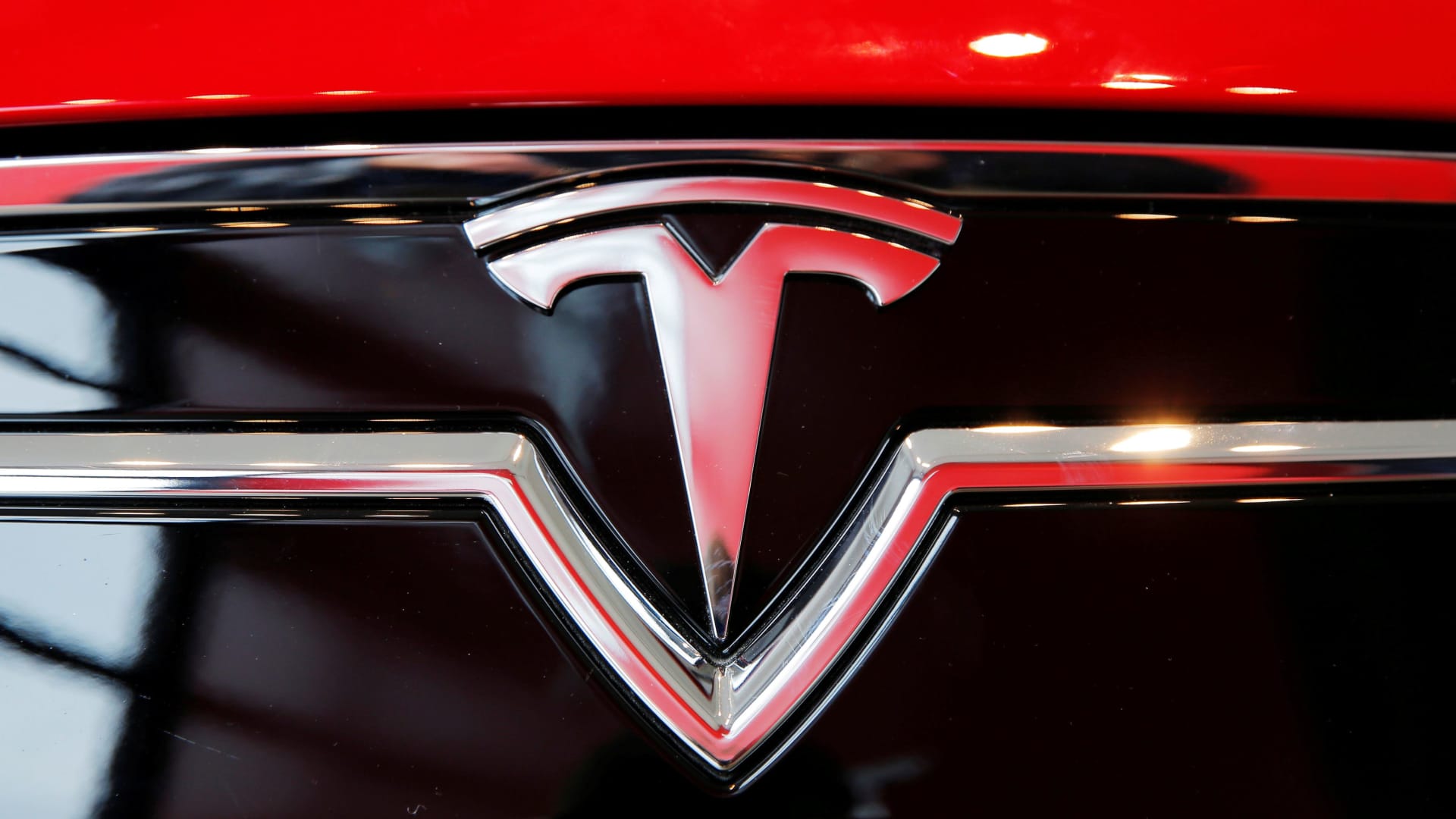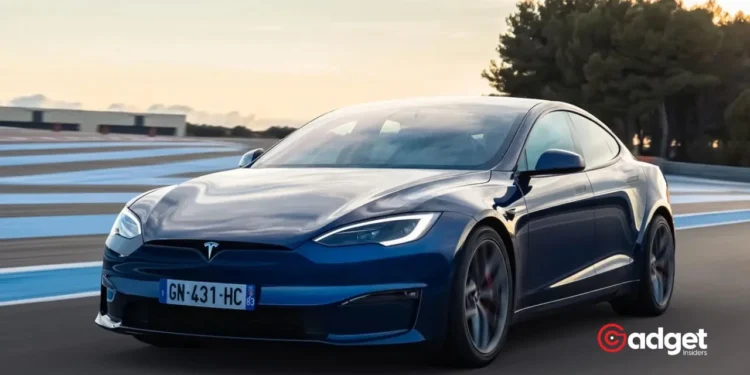Tesla, a pioneer in electric vehicles, has recently stirred the automotive community with its announcement to unlock additional battery capacity in some of its Model Y vehicles—for a price. This revelation was made by Tesla’s CEO, Elon Musk, who shared that the Standard Range rear-wheel drive Model Y, built and sold over the last several months, can travel 40-60 miles further than the 260 miles initially promised.
This upgrade, however, comes with a price tag ranging from $1,500 to $2,000, depending on the battery model.

A Glimpse into Tesla’s Pricing Strategy
The decision to charge for unlock battery capacity that already exists in the vehicle isn’t entirely new for the EV giant. The company has a history of software-locking features in its cars.
For example, back in 2016, it was revealed that the Model S 70 had a 75kWh battery that was restricted unless customers paid over $3,000 to unlock it. Similar practices seem to be possible with the current Model S and X versions.
The EV company’s recent strategy shift replaced the Standard Range Model Y with a model boasting a 320-mile range at an additional cost of $2,000. After factoring in the $7,500 federal EV tax credit, the new starting price for the car is approximately $37,490.

Industry-Wide Trend: Pay-to-Unlock Features
Tesla is not alone in its strategy of leveraging software to control vehicle features. The automotive industry seems to be increasingly adopting a model where certain capabilities, initially built into the vehicles, are locked behind a paywall.
For instance, Polestar 2022 began offering a $1,200 over-the-air update that enhanced the performance of its Polestar 2. Similarly, Mercedes-Benz has implemented an annual fee to boost horsepower and torque in some of its models.
The standard Tesla Model Y now has a 320 mile range!
Although it is rear-wheel-drive, the precision of Tesla’s electric motors means it still has great traction on snow & ice with all-season tires.https://t.co/Oj2hxF9yiE
— Elon Musk (@elonmusk) May 4, 2024
This trend of monetizing software-locked features has sparked a broader debate about consumer rights and the ethics of selling features that are already installed but disabled.
Tesla, in particular, has also faced criticism for remotely disabling features on its cars when they are resold, adding another layer of controversy to its business practices.

Consumer Response and Market Impact
As Tesla continues to push the boundaries of what is possible with electric vehicles, the reaction from consumers and industry observers to these pay-to-unlock features will likely influence future business models across the auto industry.
With electric vehicles becoming more mainstream, the practices adopted by leading manufacturers like Tesla could set precedents that might not only determine the success of the electric vehicle market but also shape consumer expectations and regulatory responses.
In a world where software increasingly determines the capabilities of our vehicles, the conversation around these practices is more relevant than ever. As Tesla and other manufacturers continue to explore these strategies, they will need to balance innovation with consumer trust and satisfaction.










